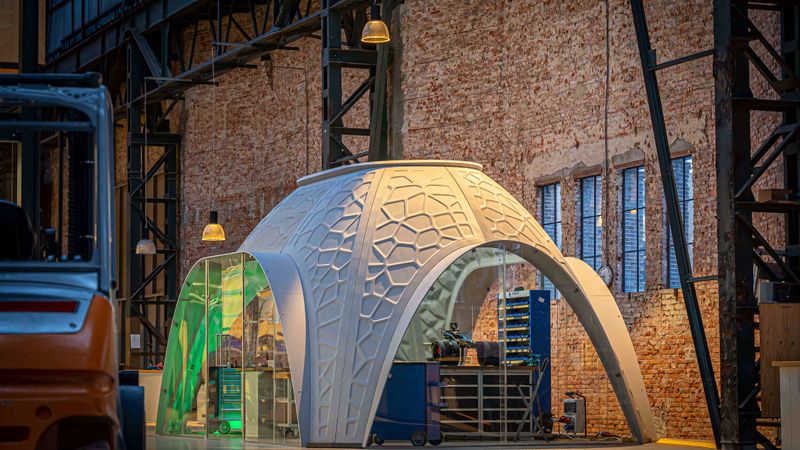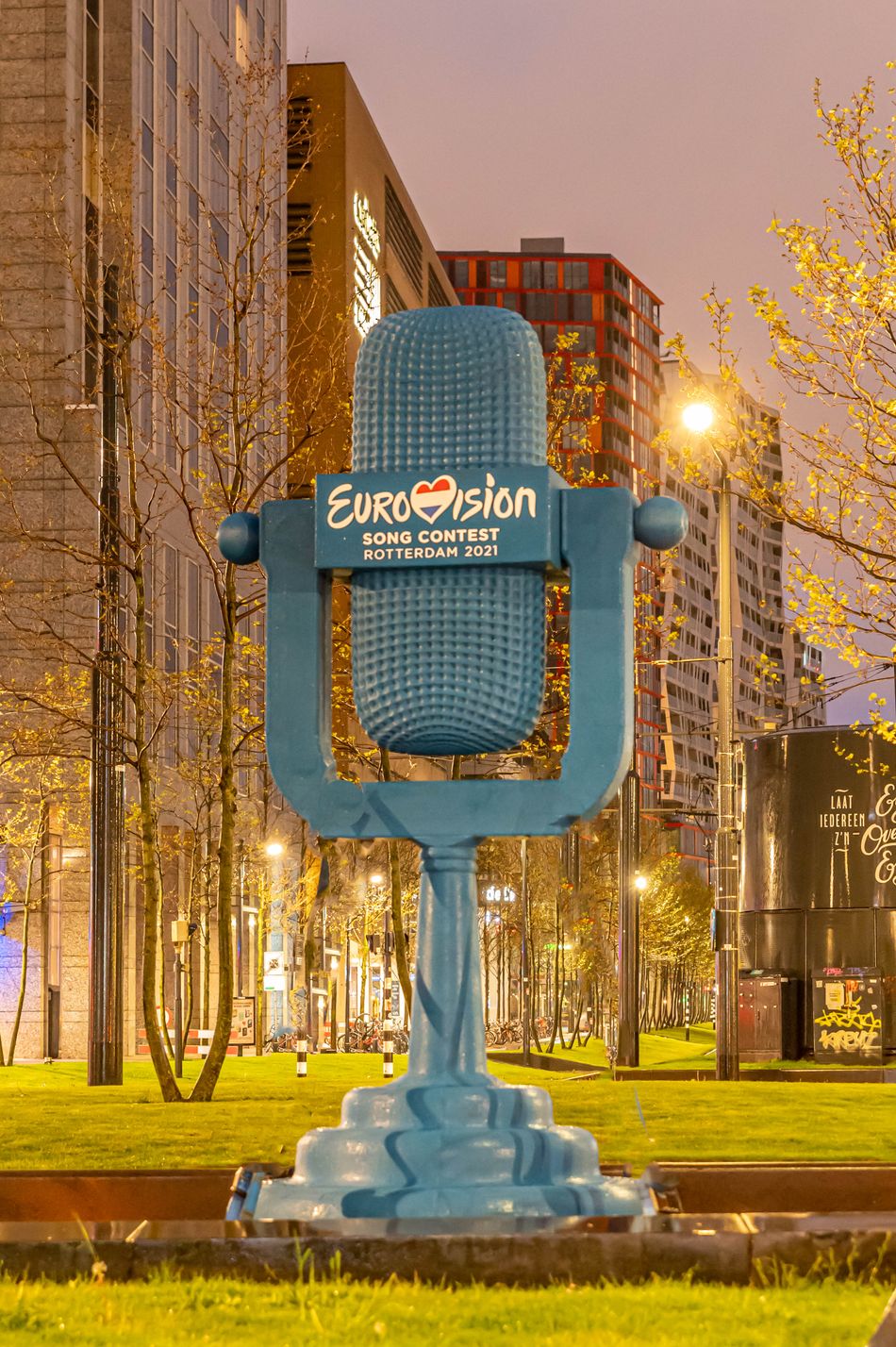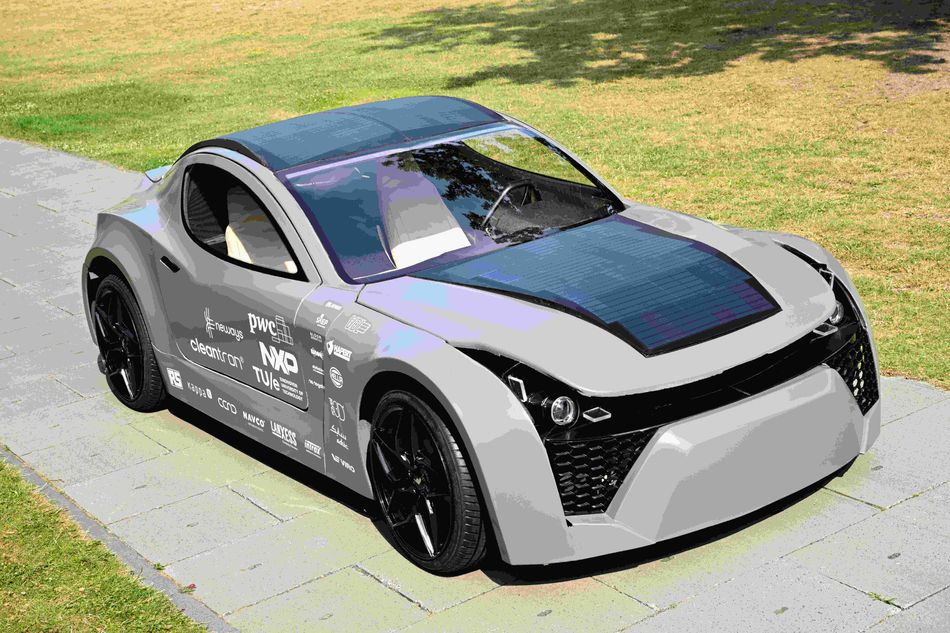Fused Granulate Fabrication (FGF): Unlocking the full potential of Additive Manufacturing
Over the years, additive manufacturing has revolutionized the manufacturing industry and one technique that has gained significant traction is Fused Granulate Fabrication. With its unique approach and advantages, FGF has the potential to reshape the way functional and aesthetic parts are produced.
This article was first published on
www.linkedin.comOver the years, additive manufacturing has revolutionized the manufacturing industry and one technique that has gained significant traction is Fused Granulate Fabrication (FGF). With its unique approach and advantages, FGF has the potential to reshape the way functional and aesthetic parts are produced. In this article, we will delve into the principles of Fused Granulate Fabrication and explore how Mitsubishi Chemical Group's capabilities enhance this innovative additive manufacturing technique.
What is Fused Granulate Fabrication (FGF)?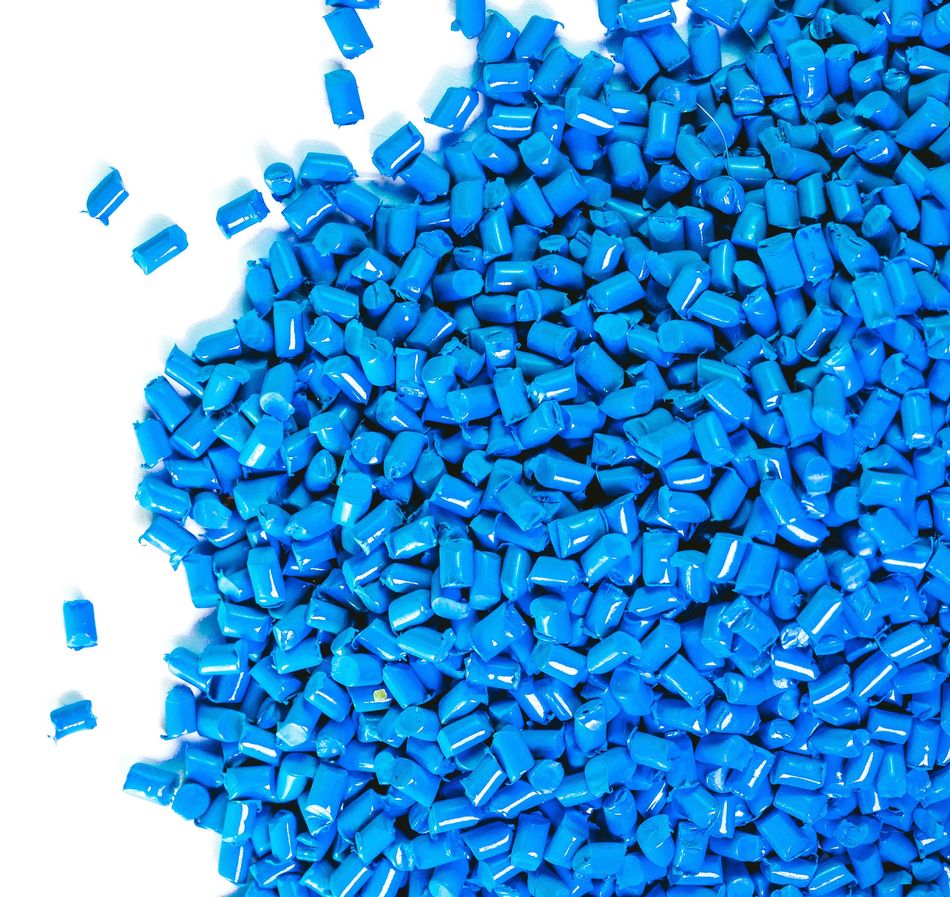

Fused Granulate Fabrication is an additive manufacturing technique that employs granular materials (pellets), typically plastics or composites, as the primary feedstock for printing. It utilizes a heated nozzle to melt and extrude the granules layer by layer, creating intricate and customized objects. Unlike other 3D printing methods, FGF offers the advantage of using a variety of commercially available plastic or composite granulates, making it a cost-effective and versatile option.
Advantages over traditional 3D printing
In our rapidly paced innovative world, it is imperative to have manufacturing solutions with high design flexibility, low-cost, scalability and performance at low costs.
Material Flexibility: FGF offers a wide range of material options and formulation capabilities owing to its high manufacturability. Mitsubishi Chemical Group develops granulate materials tailored for FGF that exhibit superior mechanical, thermal, and chemical properties. This versatility allows to produce parts with specific requirements, expanding the possibilities across industries.
Cost-Effectiveness: Utilizing commercially available granulate materials, FGF offers cost advantages over other 3D printing methods that rely on specialized filaments or resins.
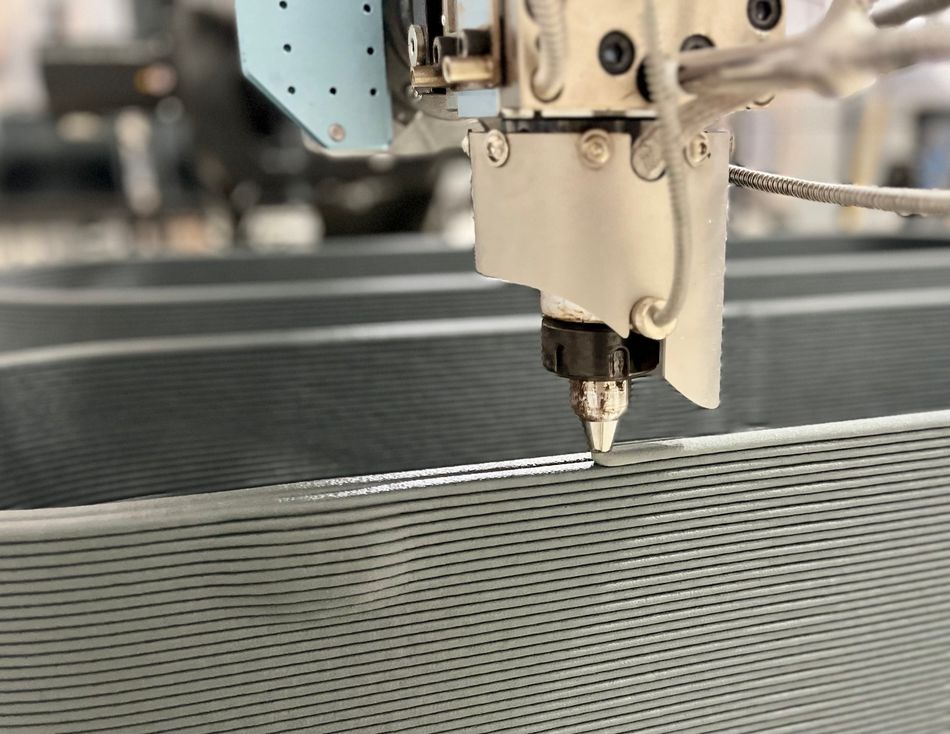
Scalability: FGF enables the production of large-scale objects, overcoming the size constraints often encountered in filament-based 3D printing. By extruding granulate particles, FGF eliminates limitations and opens opportunities for various industries, including automotive, aerospace, and construction, where the ability to fabricate large components is crucial.
Mechanical Performance: FGF-printed parts exhibit excellent mechanical properties at low cost with a high room for customization.
Mitsubishi Chemical Group's expertise in FGF
With a deep understanding of materials, innovative research, and advanced technologies, we contribute to the advancement of FGF in the following ways:
- Material Development and Customization
Our expertise in materials science has facilitated the development and customization of granulate materials specifically tailored for FGF. The extensive options of high-performance polymers and composite materials, ensure the production of parts with superior mechanical, thermal, and chemical properties. List: https://mcpp-3dp.com/large-scale-additive-manufacturing/
- Process Optimization
Through continuous research and development, Mitsubishi Chemical Group focuses on optimizing the FGF process parameters and equipment to enhance the printing capabilities and efficiency. This includes advancements in nozzle design, temperature control, and extrusion techniques, resulting in improved print quality and production speed. This combined with a full customer support package with proper paraments for optimized parts.
- Sustainability and Circular Economy
Mitsubishi Chemical Group is committed to sustainability and the circular economy. Our portfolio has several grades of granulate materials that incorporate recycled content, contributing to the reduction of waste and the environmental impact of additive manufacturing.
- Application Development and Collaboration
Mitsubishi Chemical Group actively collaborates with industry partners, research institutions, and customers to explore diverse applications of FGF. By understanding specific industry requirements and leveraging their material expertise, we contribute to the development of innovative solutions in automotive, construction, and other sectors.
FGF for special applications
The highly customizable nature of FGF makes it suitable for several niche applications as well as production at scale.
For instance, special MCG granulate materials optimized for FGF enable the production of lightweight, high-strength automotive components. These components enhance fuel efficiency, reduce emissions, and contribute to overall vehicle performance and safety. FGF technology is optimal for producing jigs and fixture essential for manufacturing automotive components for niche applications.
A project with TU/ecomotive, used our PIPG GF 30 grade for their door panels and the car chassis has been printed using recycled PETG carbon composite.
Special granulates opens possibilities for customized medical aids and prosthetics. By utilizing precise printing capabilities, FGF enables the production of personalized healthcare solutions.
Get in touch with our experts for more information on specific applications: info-3dp-mcppnl@mcgc.com
In conclusion, Fused Granulate Fabrication (FGF) offers a promising pathway for additive manufacturing, and our capabilities further enhance this innovative technique. Through material development, process optimization, sustainability initiatives, and collaborative partnerships, we see a high potential in this technology across various industries.
Ready to explore the possibilities of 3D Printing Fused Granulate Fabrication (FGF) for your product or application?
The 3D Printing Fused Granulate Fabrication Engineering Challenge invites startups, scaleups and innovative companies to explore the possibilities of 3D Printing with granulates (pellets) and win $25,000 in manufacturing and business support to scale their projects.
Who can enter?
We are inviting innovative startups, scaleups, and established companies that are:
Inexperienced with 3D Printing and wish to explore the possibilities with 3D Printing FGF for prototyping or small series production.
Experienced with 3D Printing (FFF) and are interested in testing, implementing, and switching to FGF.
Experienced with 3D Printing that seek to integrate FGF with hybrid technologies like continuous carbon-fiber-based composites.
